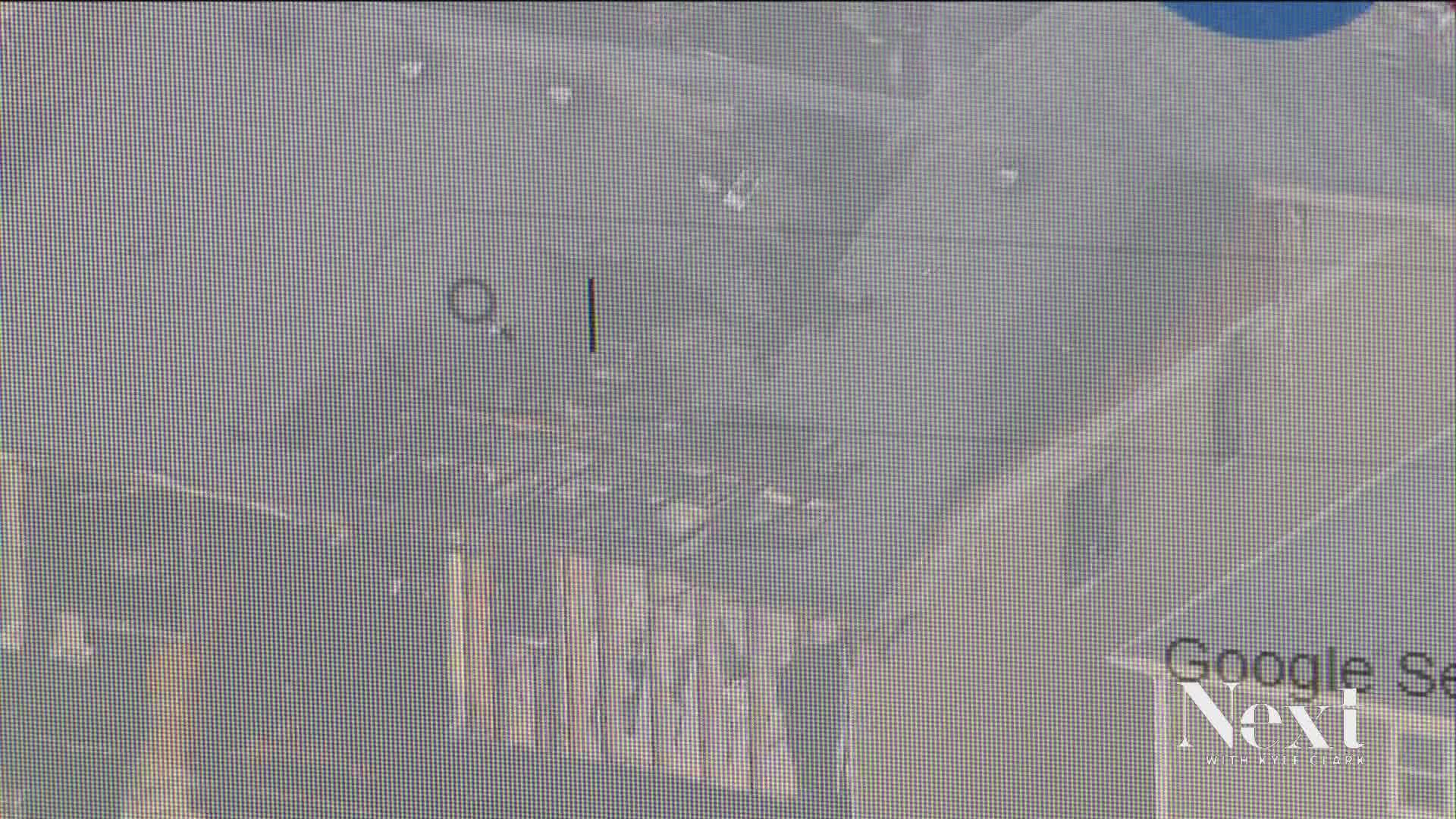DENVER — Attorneys for one of the teens charged as an adult in the killing of a Senegalese family are asking the court to toss out a key piece of evidence in the case, claiming police violated the teen’s Fourth Amendment protection from unreasonable search.
The issue revolves around a November 2020 search warrant the Denver Police Department (DPD) issued to Google, seeking data on anyone who searched for the address of the home prior to the fire in August of that year. Attorneys for Gavin Seymour, one of two suspects charged as adults in the case, said up until that search warrant, police had no suspects in the deadly arson case.
“The search that law enforcement used in this case implicates broad privacy concerns that should worry every citizen in the country,” said Michael Juba, one of Seymour’s attorneys. “Law enforcement doesn’t have a suspect. So they go backwards and they search everybody’s search queries to try to find a suspect.”


Seymour and another teen, Kevin Bui, are accused of intentionally setting the fire that killed 29-year-old Djibril Diol and 23-year-old Adja Diol, as well as their 2-year-old daughter Khadija. Djibril’s sister Hassan Diol, 25, and her infant daughter, Hawa Baye, also died. Two adults and a child escaped by jumping out a window, according to police.
Police arrested Seymour and Bui in January 2021.
DPD could not say how many of these so-called reverse keyword search warrants the department had issued. A spokesman for the department declined to comment on the pending legal matter. The Denver District Attorney’s Office, which is prosecuting the case against Seymour, said it would reserve comment on the defendant’s motion for court.
Asked for data on reverse keyword search warrants nationwide, Google did not respond to a 9NEWS inquiry Monday. A transparency portal on the company’s website showed the company received more than 25,000 search warrants between January and June 2021, according to the latest data available. Some of those warrants likely sought geofence data, where police ask who was in a specific area at a specific time using location data.
“There’s an old idiom that says bad cases make bad law,” Juba said. “Some people say, well, law enforcement should go to whatever means necessary to catch someone. But what we’re talking is whether we, as a society, want to implement a rule that can be used in the future.”
Internet privacy advocates tend to agree. They’ve long called for such search warrants to be banned.
“I think the framers are rolling over in their graves,” said Albert Fox Cahn, executive director of Surveillance Technology Oversight Project. “You can’t imagine a more clear-cut violation of what the Fourth Amendment was supposed to protect.”


“When you have a reverse warrant that can be a digital dragnet to look at every single person who has typed something into google. To me that is not a warrant, that is an invitation for abuse.”
Cahn calls the case in Denver a landmark case looking at the constitutionality of these keyword warrants. 9NEWS legal analyst Scott Robinson said he believes the constitutionality of the search could be decided by the U.S. Supreme Court.
“Courts are going to struggle with this because it’s a murder case, it’s a serious case,” Robinson said. “And the intrusion wasn’t that great but it was an intrusion to billions of people.”
“The consequences for a case like this are devastating. No one except the accused and his lawyers really want the accused to go free on a murder case… and to have it happen because of truly ingenious technological investigation would be pretty grievous to most people.”
SUGGESTED VIDEOS: Full Episodes of Next with Kyle Clark

